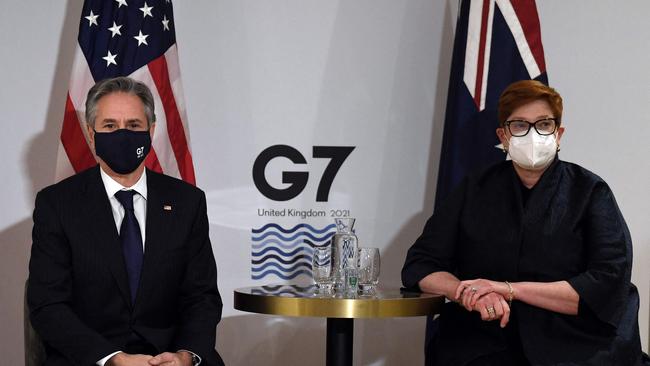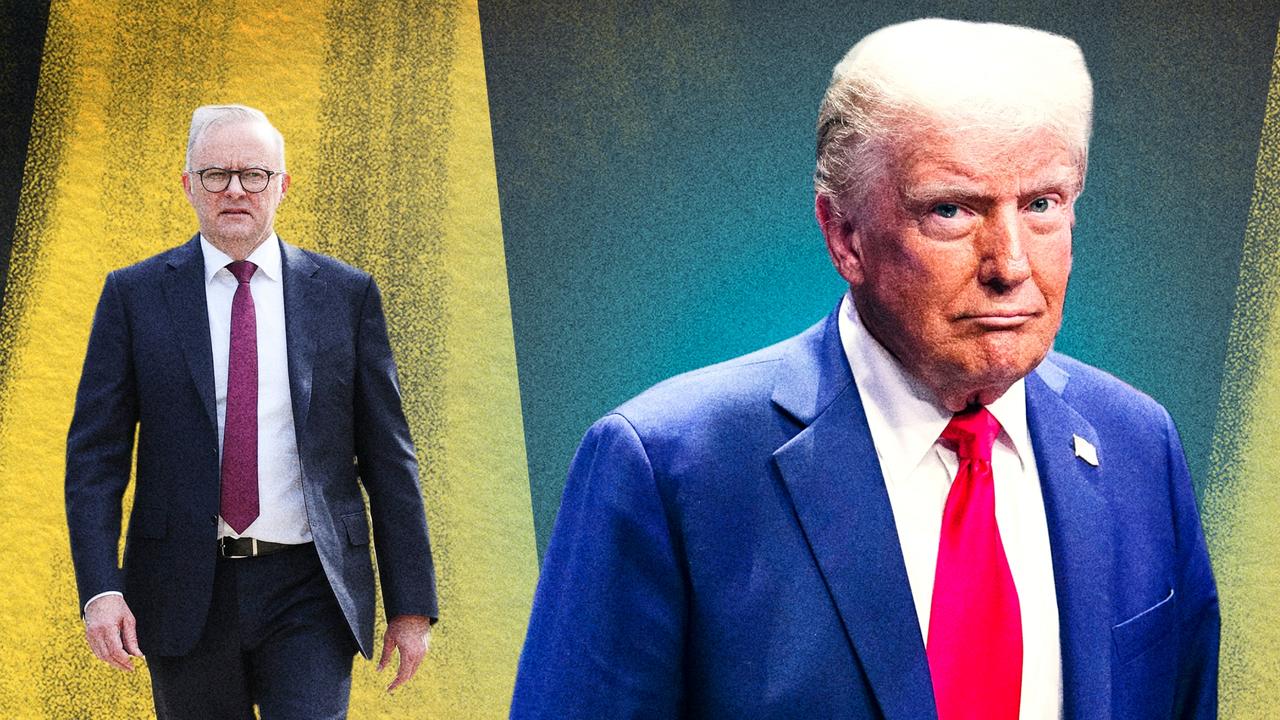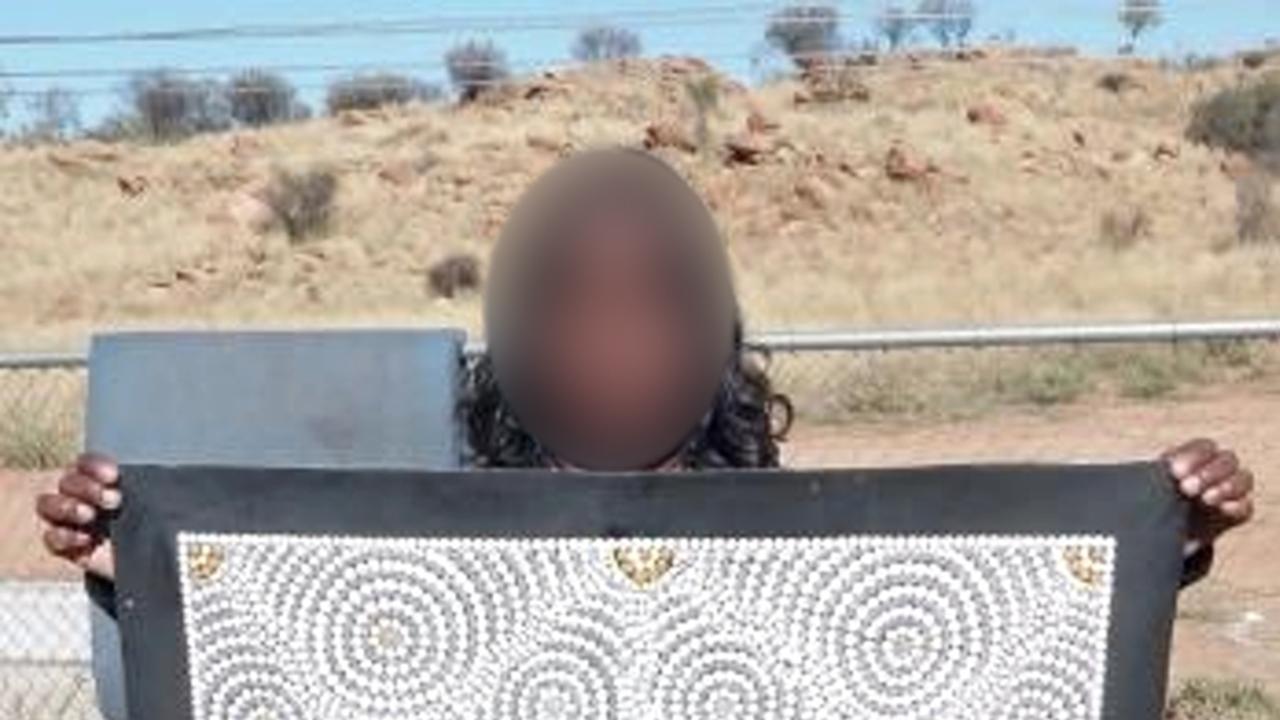Australia, Japan and US undersea cable deal heads off China bid
Australia, the US and Japan will join forces to build a new undersea cable to three strategically significant Pacific states – heading off any Chinese move to connect them to the internet.

Australia, the US and Japan will join forces to build a new undersea cable to three strategically significant Pacific states – Federated States of Micronesia, Kiribati and Nauru – heading off any Chinese move to connect them to the internet.
The investment follows Australia’s pledge to connect another Micronesian state, Palau, and its gazumping of China to build the Coral Sea cable to Papua New Guinea and the Solomon Islands.
Foreign Minister Marise Payne announced the move with US Secretary of State Antony Blinken after they met on Sunday on the sidelines of the G7 foreign ministers meeting in Liverpool.
In a statement with Japanese counterpart Yoshimasa Hayashi, they declared the cable would connect 100,000 people to the internet across three countries.
“This is more than an infrastructure investment,” they said. “It represents an enduring partnership to deliver practical and meaningful solutions at a time of unprecedented economic and strategic challenges in our region.
“It is a further demonstration of our shared commitment to quality, transparent, fiscally sustainable, catalytic infrastructure partnerships with, and between, Pacific nations.”
A senior Australian government source, speaking on the condition of anonymity, said Australia would be involved in “a lot more of this kind of thing” in the Pacific.
But the Australian Strategic Policy Institute questioned whether such investments might be overtaken by technology.
ASPI International Cyber Policy Centre director Fergus Hanson said the profusion of low orbit satellites being sent into space by Elon Musk’s Starlink company was transforming the economics of undersea cables to far flung locations – it offered a high-speed, low-latency broadband alternative to cable.



